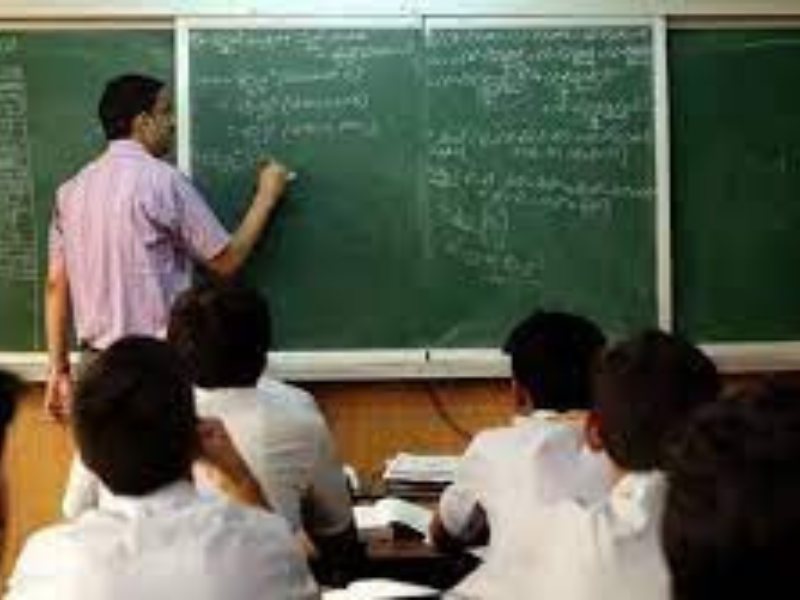Mita Mukherjee
Christian missionaries – run schools in Bengal will reach out to parents to discuss issues concerning fee hikes and allow guardians to seek redress of grievances related to fee enhancement.
The move aims to prevent guardians who are not ready to accept the fee revision from approaching the government for its intervention on the issue.
The state cabinet on Monday gave its nod to set up a commission which will be empowered to look into complaints of guardians of private schools regarding “steep fee hikes” and suggest measures to the state government about the actions need to be taken against such institutions.
Schools run by different church bodies that do not get any government assistance and depend entirely on income generated from students’ fees will be urged to organize open sessions on a regular basis to hear out parents where the schools will also share information with parents about the institutions’ financial status. In case the schools have any plan for fee hike, they will explain to the guardians the reasons behind it, Father Moloy D’Costa, secretary of the West Bengal Association of Christian Schools said.
“All our schools maintain clarity and transparency in financial matters. Missionary schools are established with only a single aim to provide quality and holistic education to students coming from all sections of society and not to make profit. Fees are never raised in institutions like ours if there is no reason behind it. But parents often don’t realize this and oppose fee hikes. Sometimes parents might have difficulties in paying the enhanced fees because of temporary financial problems and so they resist an upward revision of fees. But guardians’ protests are not desirable. On many occasions it has been found that parents tend to complain about fee hikes because of a communication gap. This misunderstanding can be avoided if parents can openly discuss all fee-related issues at regular intervals.” Father Moloy D’Costa told EducationWorld.
According to him the minority institutions enjoy the right to follow their own policies in academic, administrative and financial matters under Article 30(1) of the Constitution.
However, there is no clarity from the government till now on whether the minority schools will be included under the ambit of the proposed commission.
The state cabinet has cleared the West Bengal Private Schools Regulatory Bill 2022 and it will be placed in the Assembly for its approval in the ongoing session.
According to D’Costa, the association has found that even after any routine fee hike, some parents would oppose it and label the hike to be steep. This would often result in guardians’ agitation and subsequently prompt the government to intervene and seek financial documents from the school where the agitation takes place.
“ But in almost every case the government, after examining the papers, had found that the hike was necessary and not high as claimed by the guardians,” D’Costa said.
The interactions with parents are being initiated as the schools feel that once the proposed commission starts functioning, a section of parents will be more inclined to approach the government with complaints whenever there is a fee hike.
“ But such incidents not only tarnish the image of the schools but also disrupt the academic and administrative functioning on the campuses. This can be avoided if parents can settle their problems through cordial discussions,” D’Costa said.
“In the existing system, parents are allowed to speak about their problem during the regular parent-teacher meetings. But in most schools, issues concerning financial problems are not raised for discussion,” said D’Costa.
The problems may be different at every school and the founder bodies of the individual schools can handle the situation according to their need, D’Costa said.
Also Read: WB: Cabinet nod to set up commission to regulate private school fees
Posted in News, States




























